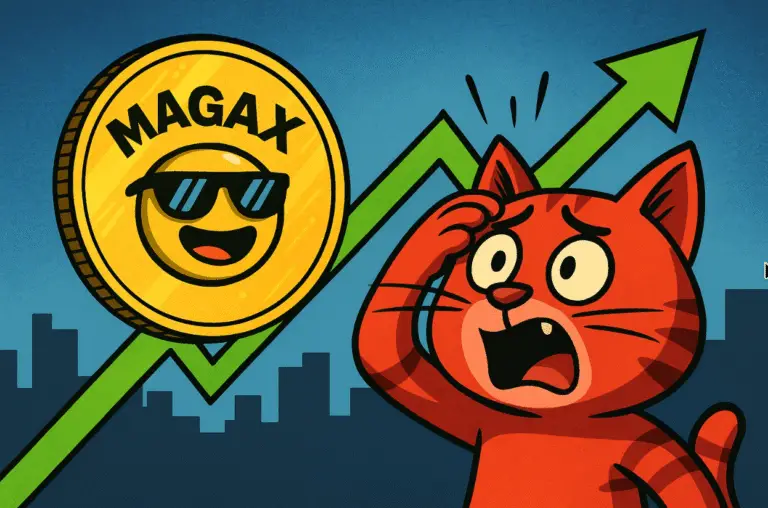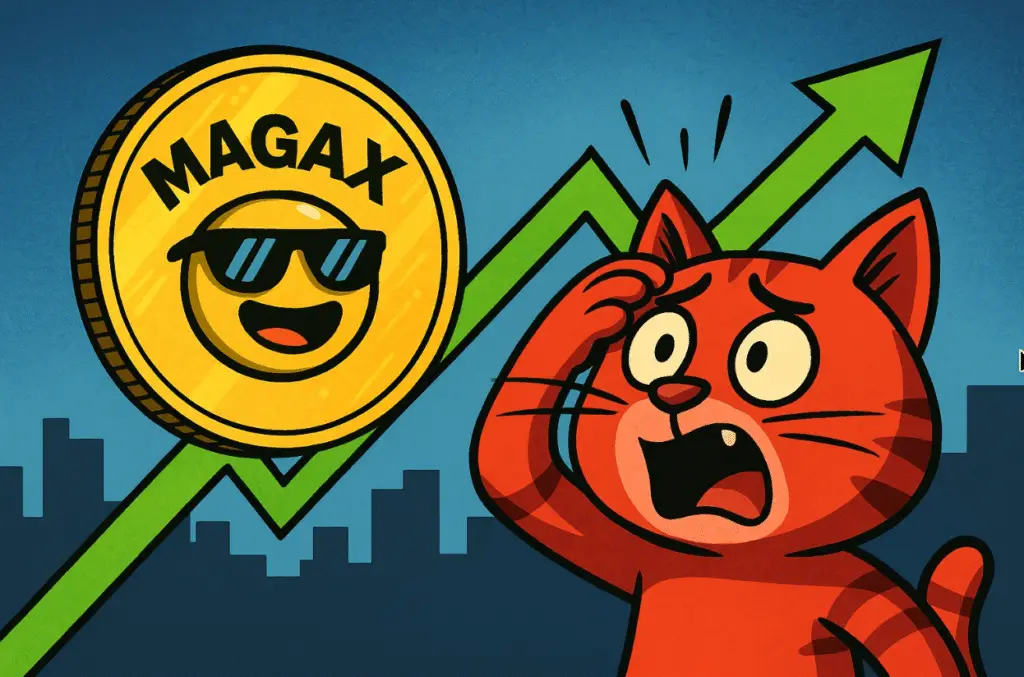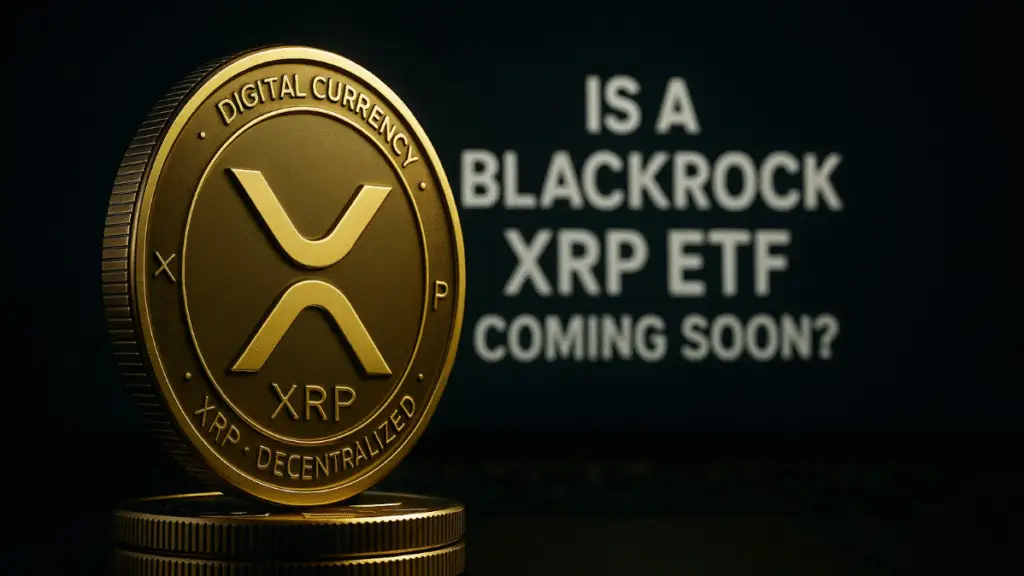MANILA, Philippines— As the Philippines celebrates its removal from the European Commission’s ‘high-risk’ list for money laundering, calls are mounting for tighter regulation of two of its fastest-growing but most vulnerable sectors: cryptocurrency and online gambling.
Experts, including global credit agency Moody’s, warn that despite the country’s progress in aligning with global anti-money laundering standards, online gaming and crypto-related businesses still pose significant financial crime risks that demand intensified scrutiny.
Delisting Marks Progress, Not a Finish Line
The country’s recent delisting by the European Commission is seen as a major step forward, signalling improved compliance with international anti-money laundering (AML) standards and boosting the Philippines’ financial reputation.
“The delisting is expected to improve the country’s financial reputation, ease access to the EU financial system, and support cross-border trade and investment,” said Xiao Chen, Associate Director at Moody’s.
However, Chen cautioned that vigilance must continue. “Continued vigilance will be essential, particularly in sectors such as online gaming and cryptocurrency, to ensure that residual risks are effectively managed,” he added.
Online Gaming and Crypto: Booming, But Vulnerable
Both online gaming and cryptocurrency have surged in popularity across the Philippines, but their rapid growth comes with regulatory challenges. These sectors often operate outside the bounds of traditional financial systems, utilising complex technologies and cross-border transactions that can be exploited for illicit activity.
In 2024 alone, electronic gaming revenues reported by the Philippine Amusement and Gaming Corporation (PAGCOR) reached a staggering ₱48.79 billion. The figure underscores both the economic significance of the sector and its potential exposure to money laundering schemes.
Similarly, the cryptocurrency market in the Philippines continues to expand, attracting local and international players and placing additional pressure on regulators to ensure transparency and security in digital asset transactions.
AMLC Steps Up Risk Assessments
In response to these concerns, the Anti-Money Laundering Council (AMLC), chaired by Bangko Sentral ng Pilipinas Governor Eli Remolona Jr., is conducting a comprehensive risk assessment focused on online gambling and digital assets. Authorities are particularly focused on identifying new and emerging threats that stem from evolving technologies and the borderless nature of digital finance.
This proactive stance is intended to build on the momentum from the country’s removal from the Financial Action Task Force’s (FATF) grey list. The delisting followed a rigors review process, including on-site inspections and evidence that the Philippines had enhanced its AML and counter-terrorism financing mechanisms.
Reforms and Coordination Still Needed
While the country’s recent achievements are significant, experts warn against complacency. Maintaining the improved standing in the global financial community will require continued reforms and strong coordination among regulatory agencies.
“Authorities must now work to institutionalise reforms and stay ahead of technological advances,” analysts stress, pointing out that fragmented regulation or gaps in enforcement could quickly erode hard-earned progress.
As the digital economy accelerates, the need for agile, forward-thinking regulation becomes even more urgent. Law enforcement and regulatory bodies must be equipped not only to track existing threats but also to anticipate how criminals may exploit new platforms and technologies.
Looking Ahead: Strengthening Safeguards
The government’s intensified focus on crypto and online gambling reflects a broader understanding that economic innovation must go hand in hand with strong safeguards. The Philippines is poised to benefit from the continued expansion of its digital industries but only if it can effectively manage the associated risks.
As Chen of Moody’s aptly summarised, the delisting is a door opening to new opportunities, but the nation must remain alert. “Residual risks,” he warned, “must be effectively managed.”
For now, the message from regulators, watchdogs, and global observers is clear: Progress has been made, but the work of building a secure, transparent financial system is far from over.















